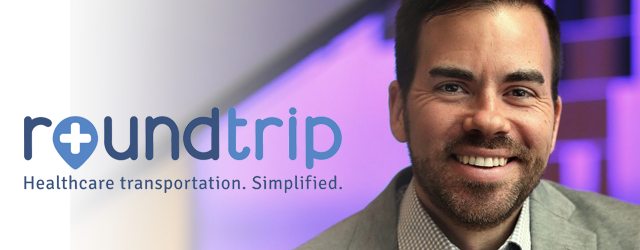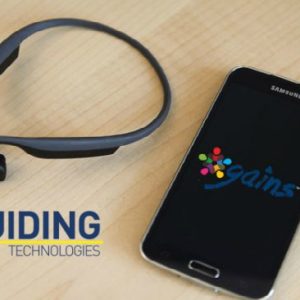How Philly Start-up RoundTrip Helps Ease a Huge Health Problem: Getting a Ride to the Doctor
In health care, innovation has transformed so much that was once a painful, protracted experience. Brain surgery can now be done with beams of radiation instead of knives. Some colonoscopies with the swallow of a vitamin-size, camera-enhanced capsule. Knee replacement without slicing the quadriceps muscle.
But what often remains tortuous, time-consuming, and far from reliable is patient transportation for the underprivileged and the elderly.
For many, getting to a chemotherapy treatment or an appointment with a cardiologist or wound specialist, for instance, is out of their control. They are often dependent on a Medicaid-brokered ride, SEPTA’s CCT Connect, or a lift from a relative, friend, or volunteer from a group such as the American Cancer Society. Sometimes, the ride never comes. In all, an estimated 3.6 million Americans miss medical appointments each year because of transportation problems, according to the Community Transportation Association.
On the medical provider’s end, it’s frustrating or disruptive, especially for hospital social workers, whose mountain of responsibilities include patient transportation. For some, that might mean arranging a dozen or more rides a day, a process that involves many minutes on the phone, often on hold. It also requires tracking down patients who don’t arrive, attempting to find out when they might, trying to rearrange physicians’ schedules to accommodate them when they finally make it in, and then getting them home. That’s in between arranging for hospice care, advanced directives, and other patient needs.
In this cauldron of inefficiency and ineffectiveness, Mark Switaj saw “opportunity to really advance the industry to the 21st century.” Given this digitally addicted age, it should come as little surprise that his answer was an app.
The former emergency medical technician has founded RoundTrip, a Philadelphia-based start-up, to “rewrite the playbook” on patient transportation. Its solution after “many months and multiple iterations” is a web-based application by which rides – by sedan, wheelchair van, or nonemergency ambulance – can be scheduled in advance or requested on-demand and tracked.
When first launched in 2016, RoundTrip was a portal that allowed a nurse, social worker, or care manager to log in and order a ride. Last May, at the request of hospitals interested in rideshare options, RoundTrip integrated with the Lyft system, enabling “a different user experience” from one made through the Lyft app that the general population uses.
So is the $1.9 million raised in a recently completed seed round, including an undisclosed amount from Johns Hopkins University and $250,000 from Ben Franklin Technology Partners of Southeastern Pennsylvania. There, Switaj found an informed and empathetic audience in Jennifer Hartt, Ben Franklin’s director of investments for health and digital health. She is a former EMT with considerable experience with nonemergency patient transportation.
________________________________________________________________
“There is a lot of inefficiency in the system,” Hartt said in a recent interview. “I firsthand saw it for 10 years.”
She called RoundTrip “an elegant solution … tapping into an area no one is serving” well. Ben Franklin’s support, she said, is the result of a shift from investing in life sciences to health and digital health, made about three years ago.
“It was really out of true need and the desire to have social impact and health-care economic impact,” Hartt said.
Read the full article here.





